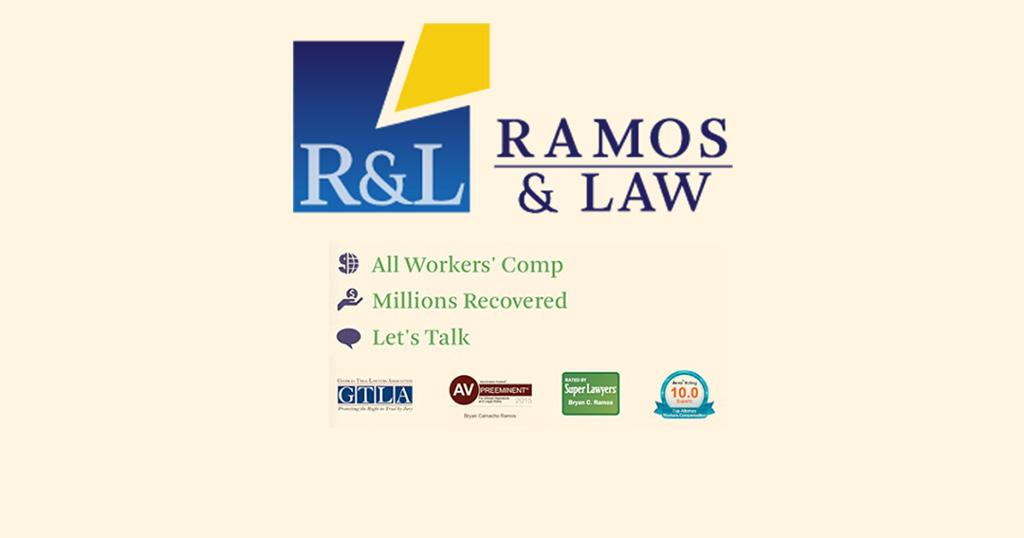
An injured worker is not entitled to a jury trial in a workers’ compensation case. The Georgia law creates “trial” and “appellate” divisions within the jurisdiction of the State Board of Workers’ Compensation. O.C.G.A. § 34-9-47. The trial division is apprised of administrative law judges (ALJ) appointed by the Chairperson and the Board. Some of the powers an ALJ may have include: administering oaths and affirmations, issuing subpoenas, administering hearing protocol and calendaring, ruling upon offers of proof and motions, determining the compensability of claims, and adherence to the Georgia Workers’ Compensation Act.
When an injured worker goes to workers’ compensation “court”, this proceeding is generally called a “hearing” wherein the claim is heard by the ALJ and evidence is tendered by the parties. The ALJ’s jurisdiction is only over the workers’ compensation parameters. He or she cannot rule on issues of “pain and suffering” or matters of “equity.” The Georgia Rules of Evidence do apply in these proceedings and there will be a transcript of the hearing. Generally, the ALJ will not issue a ruling from the bench but will consider all the evidence and review the parties’ closing briefs prior to rendering an award.
Upon occasion, injured workers appear before the trial division without an attorney. This is not advisable given the complexities of the law and rules imposed upon Employers and Workers. Once the ALJ renders an award, either party may appeal to the Appellate Division, which consists of three members of the State Board of Workers’ Compensation. O.C.G.A. §34-9-47 (b). The aggrieved party has 20 days to appeal the award to the Appellate Division.
